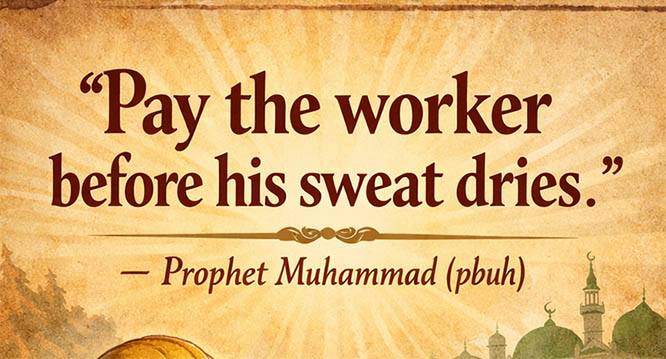New Delhi, Sept 14: The CBI said on Thursday the change in a 2015 Look Out Circular against liquor baron Vijay Mallya from "detain" to merely informing about his movements was an "error" in judgment because he was cooperating in the probe and there was no warrant against him.
Three years later as the controversy surfaced again on Thursday, the CBI sources said when the first Lookout Circular (LoC) was issued on October 12, 2015, Mallya was already abroad.
Upon his return, the agency was asked by the Bureau of Immigration (BoI), if Mallya should be detained as sought in the LoC to which the CBI said there was no need to arrest or detain him as he was a sitting MP and there was no warrant against him, they said.
It said the agency only wanted information on his movements, they said.
Besides, the probe was in an initial stage and the CBI was collecting documents from the IDBI in the Rs 900 crore loan default case, they said.
The CBI issued a fresh LoC against Mallya in the last week of November, 2015 asking airport authorities across the country to "inform" it about Mallya's movements, thus replacing its previous circular which had sought detention of the businessman if he attempted to leave the country, they said.
The LoC depends on the issuing authority and, unless it asks the BoI to detain a person or to stop him from boarding a plane, no action is taken.
The sources said Mallya travelled abroad in October and returned in November, then made two trips in first and last week of December and also a trip in January, 2016.
In between, he had appeared for questioning thrice since the lookout notices were issued - once in New Delhi and twice in Mumbai between December 9 and 12, 2015.
They said the change in the notice was an error in judgement and since he had been cooperating, there was no reason to stop him from moving abroad.
On March 2, 2016, Mallya left the country and has been in the United Kingdom where he has been fighting the extradition case.







Comments
Add new comment